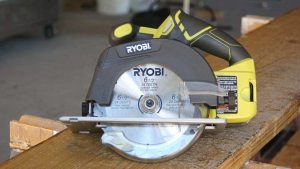The Truth Behind Five Refurbished Laptop Myths
Buying refurbished isn’t second best: it’s a smart route to capable cheap laptops. Separate rumour from reality and choose stock that has been restored, tested and graded so expectations match use.
Warranties and Returns
Refurbished does not mean “no protection”. Good retailers provide clear return windows and six to twelve months of cover. For guidance on what to expect from sellers and remedies if things go wrong, see independent advice on buying refurbished electronics.
Batteries and Components
Concerns about worn batteries are common. Refurbishers test health, list remaining capacity and replace where needed. Many also renew thermal paste, clean fans and reinstall a genuine operating system
If you’re interested in refurbished laptops, consider reaching out to an expert such as //www.refurbishedlaptops.co.uk/.
Quality and Reliability
Well-refurbished machines come from business fleets and returns, then are inspected, cleaned and repaired. Reputable sellers replace faulty parts and run diagnostics, so failure rates can rival new stock. Read grading notes and focus on specifications that meet your workload, including memory, storage and graphics.
Security and Data Privacy
Trusted providers securely wipe storage and reinstall clean software. That removes previous data and bloat, then updates firmware and device drivers. On arrival, set a strong passphrase, enable the built-in firewall and turn on device encryption.
Value and Sustainability
Refurbished laptops stretch budgets and reduce waste while delivering business-grade build quality. Balance price, performance and portability, check power supplies and ports and budget for a future battery. With sensible checks, a refurbished laptop can feel modern, last for years and still represent excellent value.









